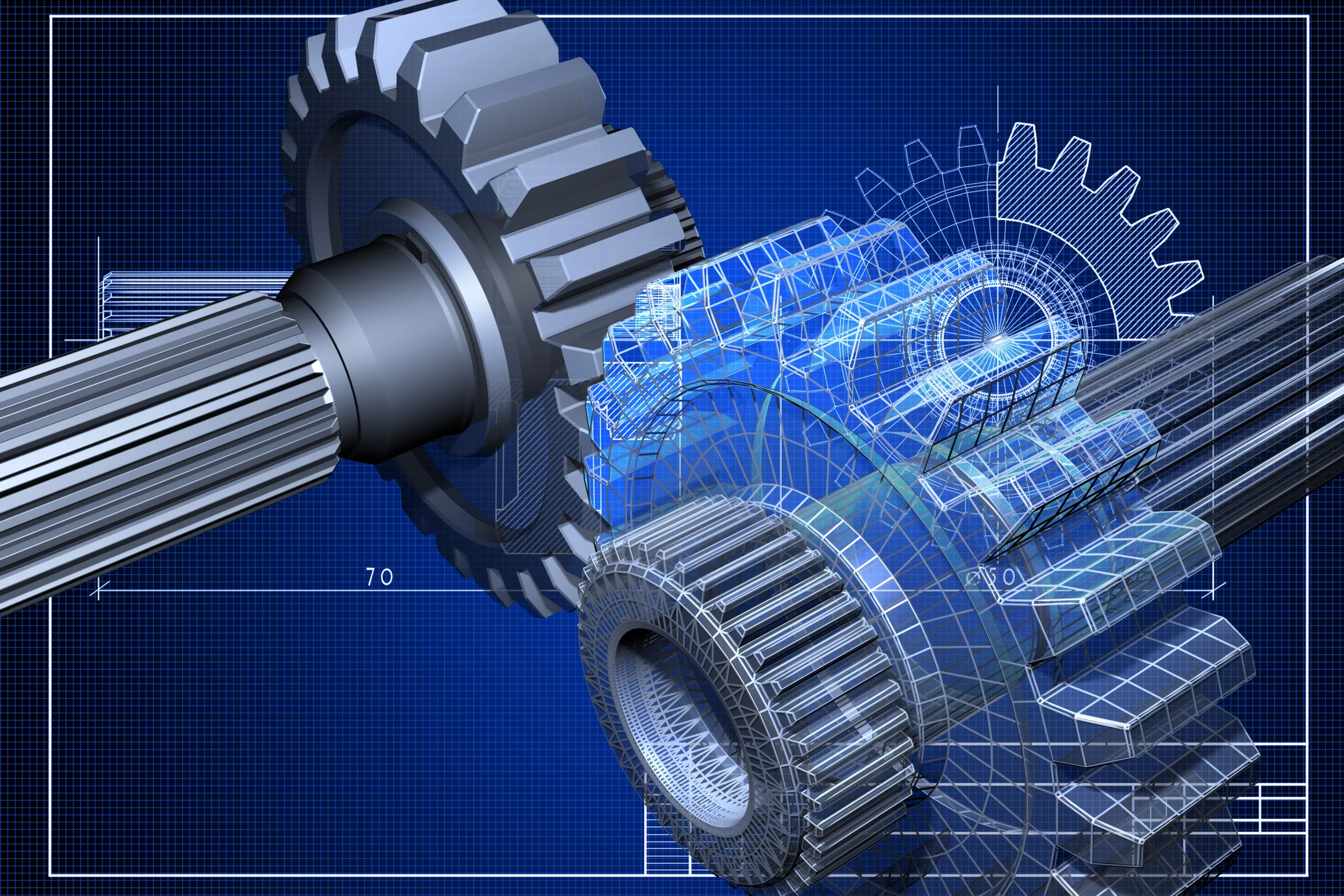In the world of manufacturing, precision is paramount. Every product that rolls off the assembly line, whether it’s a tiny microchip or a massive industrial machine, demands a meticulous attention to detail. Behind the scenes, mechanical engineers play a pivotal role in ensuring that the right manufacturing processes are chosen to deliver that precision. In this blog post, we’ll delve into the thought process that goes into a mechanical engineer’s decision on selecting the right type of manufacturing for a project.
Understanding the Basics
Before we delve into the intricacies of decision-making, it’s crucial to understand the basics. Mechanical engineers are responsible for designing and overseeing the production of various mechanical systems and components. Their choice of manufacturing processes can significantly impact the final product’s quality, cost, and efficiency.
-
Material Matters
The first step in choosing the right manufacturing process is selecting the appropriate material. Engineers must consider factors like material strength, durability, and cost-effectiveness. For example, aerospace engineers may opt for lightweight yet durable materials like titanium or composites, while automotive engineers may prioritise cost-effective options like steel or aluminium.
-
Precision vs. Production Rate
One of the central dilemmas engineers face is balancing precision with production rate. Some manufacturing processes excel in producing high quantities quickly, while others prioritize precision but may be slower. CNC machining, for instance, offers exceptional precision but is typically slower than injection moulding. Engineers must evaluate the project’s requirements and determine the right balance between speed and accuracy.
-
Complexity of Design
The complexity of the product design plays a vital role in the manufacturing process selection. Simple parts with standard geometries can be efficiently produced through processes like stamping or extrusion. However, intricate and complex designs often necessitate advanced techniques such as 3D printing or CNC milling. Engineers must assess the project’s design intricacies and choose a process that aligns with the requirements.
-
Tolerance and Surface Finish
The desired tolerance and surface finish of the final product are essential factors in the decision-making process. For components requiring tight tolerances and a smooth surface finish, processes like grinding or EDM (Electrical Discharge Machining) may be preferred. Conversely, products with more forgiving tolerances may be manufactured through less precise but faster methods like die casting.
-
Cost Constraints
Budget considerations play a pivotal role in process selection. Some manufacturing methods require substantial initial investments in equipment and tooling, while others are more cost-effective for small-scale production. Engineers must work closely with project managers to ensure that the chosen manufacturing process aligns with the available budget.
-
Environmental Impact
In today’s eco-conscious world, sustainability and environmental impact are increasingly critical factors. Engineers are encouraged to consider processes that minimize waste, energy consumption, and emissions. This may lead to the preference for processes like additive manufacturing, which produces minimal material waste, over traditional subtractive methods.
-
Regulatory Compliance
Many industries, such as healthcare and aerospace, are subject to stringent regulations. Mechanical engineers must be well-versed in industry-specific standards and regulations to ensure that the chosen manufacturing process meets all compliance requirements.
-
Flexibility and Scalability
Finally, engineers must assess the scalability and flexibility of the chosen manufacturing process. Will it be adaptable to future changes in production volume or design modifications? An agile manufacturing process is an asset when navigating the dynamic landscape of modern industry.
In conclusion, the decision-making process for a mechanical engineer when choosing the right type of manufacturing is a complex interplay of factors. Each project is unique, and the engineer’s expertise lies in balancing these considerations to deliver a product that meets the desired specifications, timeline, and budget. From material selection to precision requirements and environmental impact, every aspect is carefully weighed to ensure success in the world of precision manufacturing.



